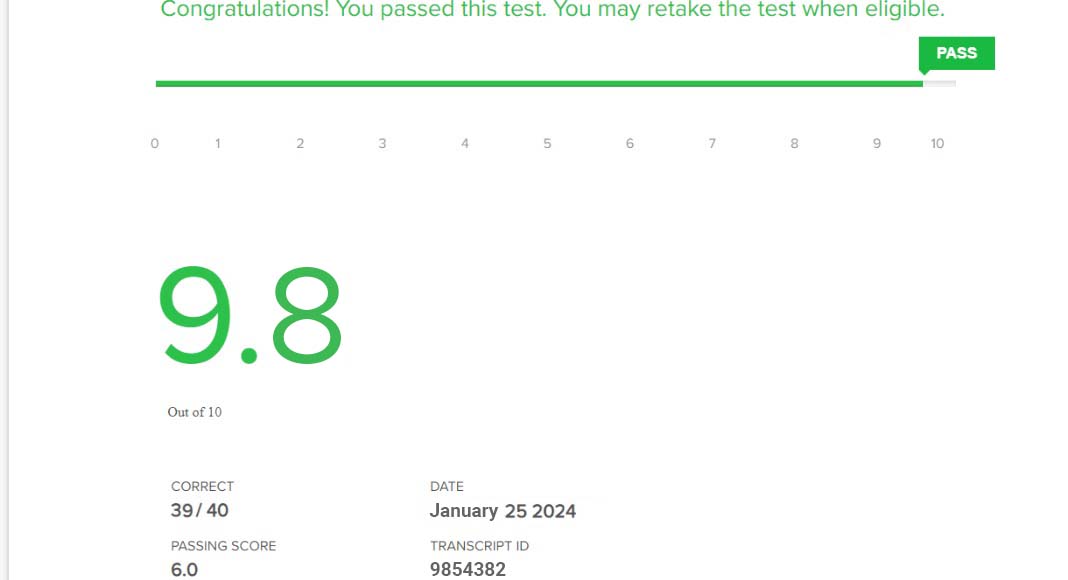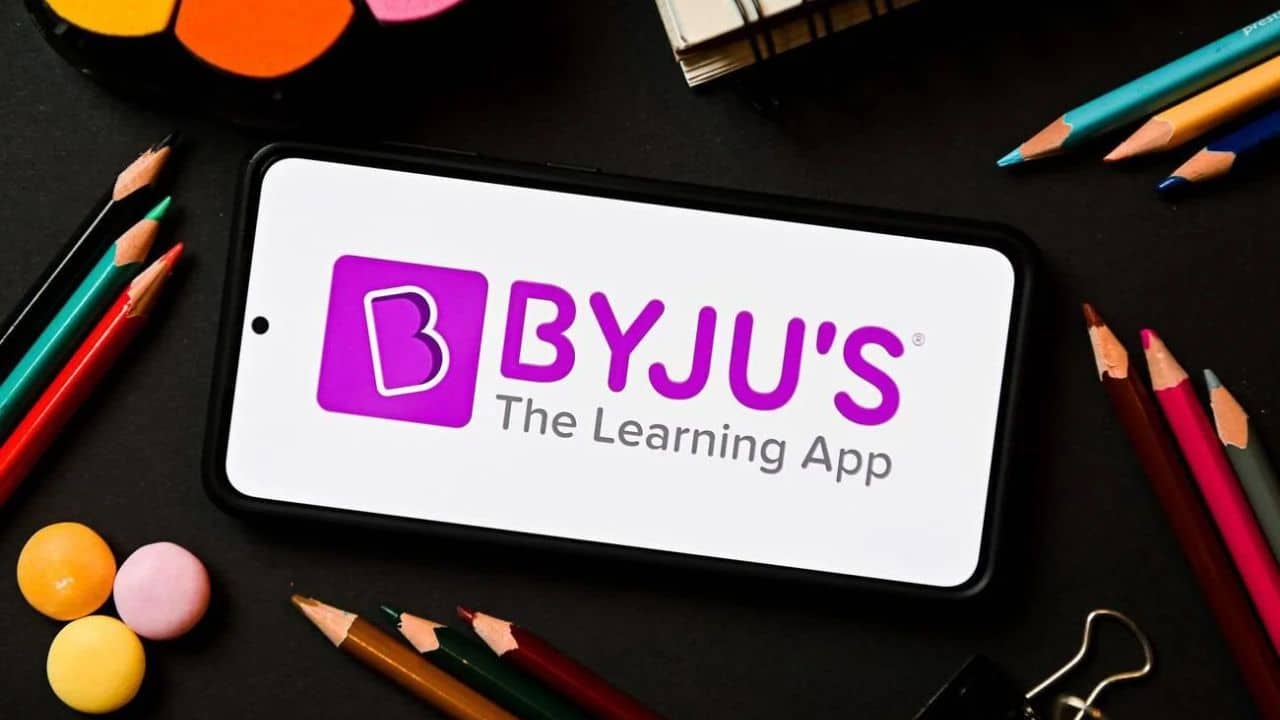College life can be exciting and challenging, as new encounters, friendships, and a desire for knowledge mark it. One key factor determining success during this crucial phase is the ability to adopt effective study techniques. Mastering these strategies becomes increasingly vital as coursework becomes more complicated. Let’s look at the top five study techniques that can boost your college performance.
1. Active Recall and Spaced Repetition
A powerful cognitive technique called active recall involves actively engaging with the information by asking questions to clarify understanding or having in-depth conversations about concepts without using notes. Retrieval is encouraged by this strategy, which enhances long-term retention. But with spaced repetition, information is gradually reviewed at shorter and shorter intervals.
To use active recall and spaced repetition, create flashcards or a summary of the key points from your notes. Regularly assess your understanding of the subject and review it (a day after learning, a week later, etc.) regularly. Online tools and programs like Anki and Quizlet can aid in managing spaced repetition schedules. If you wonder, ‘Who can do my essay online?’ go through reliable reviews to find a trusted writing service with professional writers.
2. Effective Time Management and Pomodoro Technique
Time management is a crucial skill for college success. The Pomodoro Technique, a time management method that promotes breaks and concentrated work, was developed by Francesco Cirillo. The technique entails starting a timer for 25 minutes of focused study (known as a “Pomodoro”) and a 5-minute break immediately following.
With this approach, you can improve concentration, avoid burnout, and maximize your concentrated work. It also gives you a sense of accomplishment as you complete each Pomodoro. To put this technique into practice, use a timer or Pomodoro apps to track your work and breaks.
3. Effective Note-Taking Techniques
Effective note-taking is essential for organizing and remembering information from lectures and study sessions. Two well-liked note-taking strategies are the Cornell Method and the Mind Mapping Technique. Your paper should be divided into three sections, per the Cornell Method:
- A bottom section for summaries
- A wider right column for notes
- A small left column for cues and keywords
After the lecture, review your notes, and write concise summaries in the bottom section.
In contrast, mind mapping is a visual technique that uses branches and keywords to connect concepts. It encourages a thorough approach to the topic and can help identify conceptual links. Mind maps are handy when there are numerous related topics in a subject. You should check this article to learn more about developing the best memorization and retention skills.
4. Utilizing Resources: Group Study and Office Hours
On college campuses, there are a ton of resources that can enhance your academic experience. Office hours with the professor and group study sessions have particular advantages. Group study makes cooperative learning, a range of perspectives, and supportive relationships possible.
Scholars’ explanations can help you better understand concepts and identify knowledge gaps. It’s crucial to maintain concentration and productivity, though, as socializing occasionally takes priority over studying. During office hours, students can speak with professors in-depth, ask questions, and receive answers.
5. Healthy Lifestyle: Sleep, Nutrition, and Exercise
Maintaining a healthy lifestyle is just as crucial as learning efficient study techniques. Sleep, diet, and exercise significantly impact cognitive function and general well-being. You need enough sleep for the brain to work correctly and to solidify memories. Create a consistent sleep schedule that allows you to get between 7-9 hours of restful sleep every night.
Nutrition affects how well the brain and body function. Keep a balanced, whole-grain, lean-protein, fruit, vegetable, and healthy fat-rich diet. Water is essential for maintaining cognitive function. It has been demonstrated that regular exercise enhances mood, reduces stress, and enhances cognitive function.
Final Remarks
College success is based on effective study habits. Adopting active recall, spaced repetition, time management, note-taking strategies, resource utilization, and a healthy lifestyle is the best way for students to learn and achieve academic success. As you begin your college career, remember that mastering these techniques will enhance your academic performance and give you skills for success and growth that you can use throughout your life.
Charlie Martin is an experienced writer and innovative educator with a profound background in harnessing practical learning tools and techniques. Charlie has honed a skill set that empowers students to grasp complex concepts through engaging and dynamic methods. Through a commitment to pedagogical advancement, Charlie continually paves the way for enhanced understanding and knowledge retention, leaving an indelible mark on modern teaching.












































